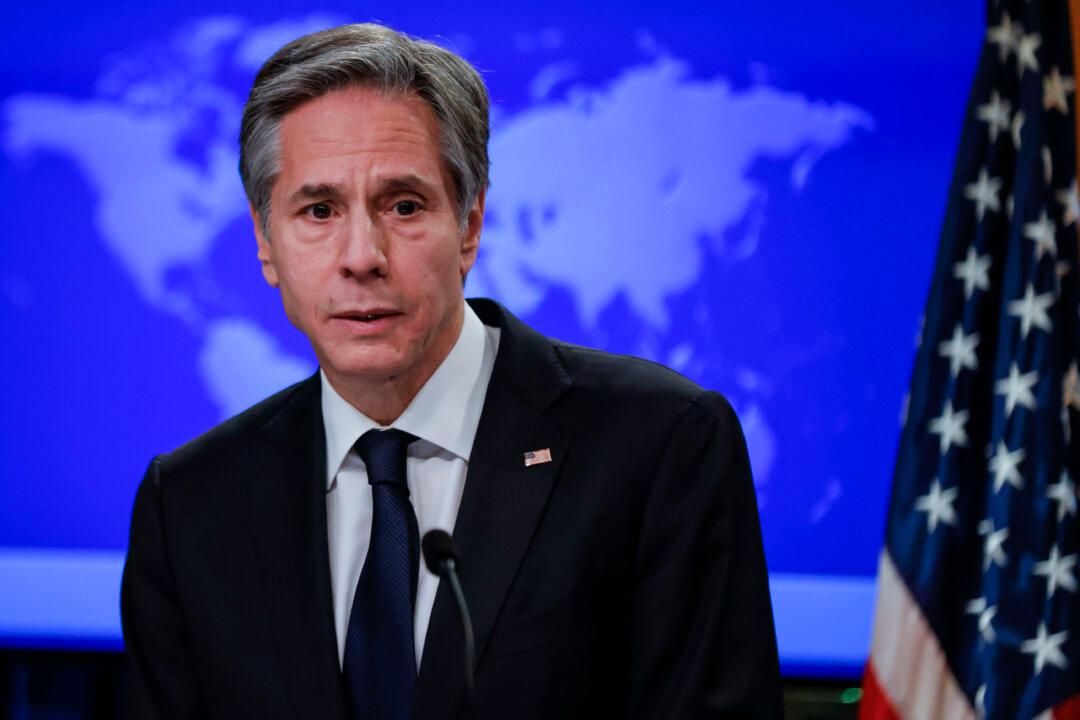Secretary of State Antony Blinken announced on Feb. 3 that the United States has extended the last remaining nuclear weapons treaty with Russia for five years.
The New START treaty, which came into force in 2011, limits the number of deployed strategic nuclear warheads held by each nation to 1,550 and the number of deployed nuclear missiles and bombers to 700. The treaty also includes a verification regime that allows both nations to ensure mutual compliance through onsite inspections.





